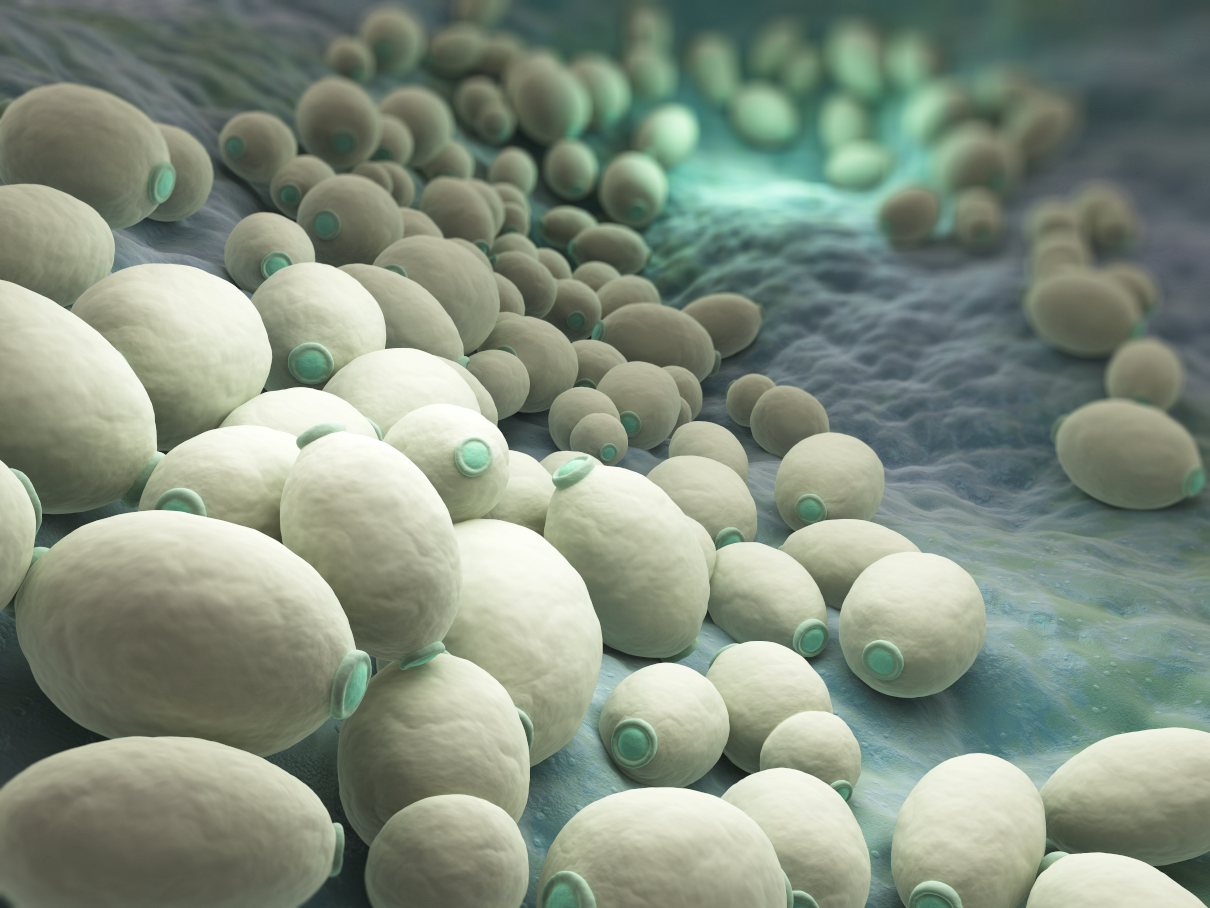
There are many ways to determine the presence of cancer cells in the body. But the most commonly used is a blood test, especially for bowel cancer.
In most cases, doctors prescribe a blood test when symptoms indicate a malignant tumour in the intestine.
It is necessary to do several blood tests to determine whether or not a person has bowel cancer.
Tests
Those tests include:
- Biochemical analysis
- Clinical blood test
- Analysis of tumour markers
Each of these analyses separately is unlikely to say something to a person. Still, doctors can accurately determine cancer cells’ presence and location by comparing the results obtained.
Further, sometimes, patients have to do tests several times to get the most reliable results.

Alkalising colonic irrigation with sodium bicarbonate
Safe and effective colon hydrotherapy includes an initial consultation. Consequently, sodium bicarbonate delivered to the colon through hydrotherapy can kill off candida.
Blood test for intestinal oncology: biochemical, general and tumour markers
A biochemical blood test is a good idea when there is a suspicion of intestinal cancer, but not only.
That prescription is standard for most diseases since using only this analysis can determine the blood composition and most accurately determine the deviations.
When taking a biochemical blood test, special attention is paid to some components in the blood, deviations which can be dangerous:
- Total protein
- Haemoglobin.
- Haptoglobin.
- Urea.
A prescription for a complete blood count is a rule for almost everyone. And in the case of diagnosing intestinal cancer, according to this analysis, you can see anaemia, which indicates bleeding from an emerging tumour.

Initial osteopathic treatment and consultation
Find relief and restore balance with osteopathy at Parkland Natural Health. Initial osteopathic treatment with Gilly Arbuckle aims to reduce tension and restrictions, regain balance, and reduce pain or stiffness symptoms. The appointment includes a consultation and lasts forty minutes.
Reliable analysis
Taking blood for tumour markers would be the most reliable analysis in cancer diagnosis. Tumour markers are proteins that are the product of the vital activity of cancer cells. They appear only when a malignant tumour grows in the body. In the case of a healthy person, the tests would not detect.
However, many such antigens may also indicate a severe inflammatory process in the intestine. That can mislead the patient as well as the doctor.
Analysis of oncological markers helps:
- Determine whether a tumour is malignant or benign.
- Determine the size of the grown tumour and the stage of development.
- Identify how the body reacts to these cancer cells.
- Exercise control during the treatment.
We recommend maintaining the body healthy for oncology prevention; colonic hydrotherapy will help.

Brazilian bikini or hollywood and underarm waxing
A Hollywood removes all of your hair—the perfect choice if you don’t want to have any genital hair left. And we will make your armpits smooth. Everything Off!!! /30 minutes/










